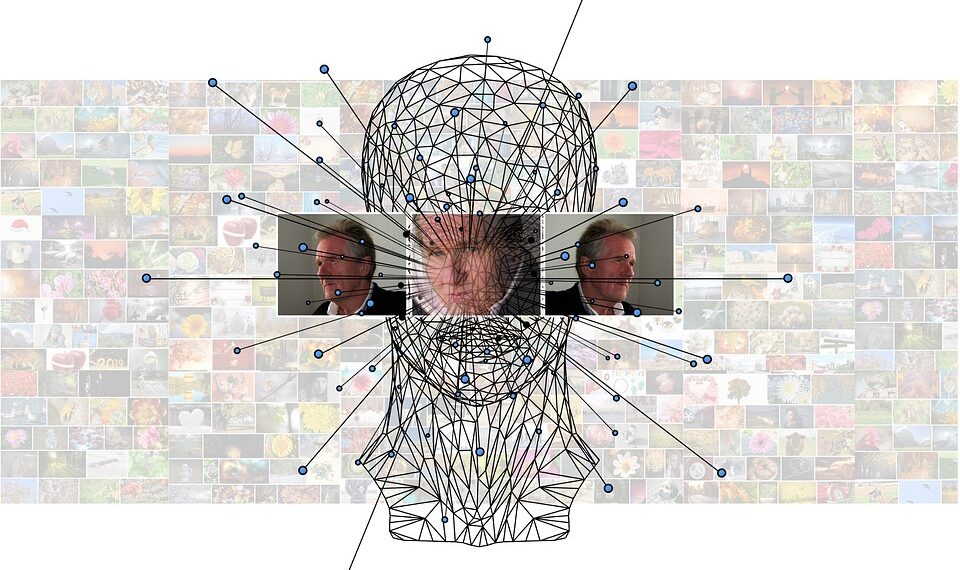In a world increasingly influenced by technology, the realm of robotics is witnessing rapid advancements, particularly in the development of humanoid robots. These sophisticated machines are not just mechanical creations; they embody the ambitions and strategies of nations aiming to dominate the future landscape of artificial intelligence.
Recent developments in humanoid robotics have drawn attention from governments, tech companies, and research institutions alike. Various nations are investing heavily in the research and development of these advanced robots, recognizing their potential to revolutionize industries such as manufacturing, healthcare, and personal services. The competition is fierce, with countries vying for technological superiority and economic advantage.
As development progresses, there’s a growing debate about the ethical responsibilities that come with creating intelligent machines. Concerns about job displacement, privacy, and the role of robots in society are at the forefront of discussions among policymakers and industry leaders. Many advocate for the need to establish regulations and guidelines to ensure responsible development and deployment of humanoid robots.
Moreover, these developments have sparked interest in the implications of human-robot interaction. Experts are exploring how these robots will integrate into daily life, from providing assistance in hospitals to enhancing customer service experiences. As their capabilities grow, so too does the question of how human society will adapt to a future shared with increasingly autonomous machines.
As countries race to lead in the field of humanoid robotics, it is clear that the stakes are high. The strategic importance of these technologies cannot be overstated, as they hold the potential to reshape economies and redefine the fabric of society itself.






